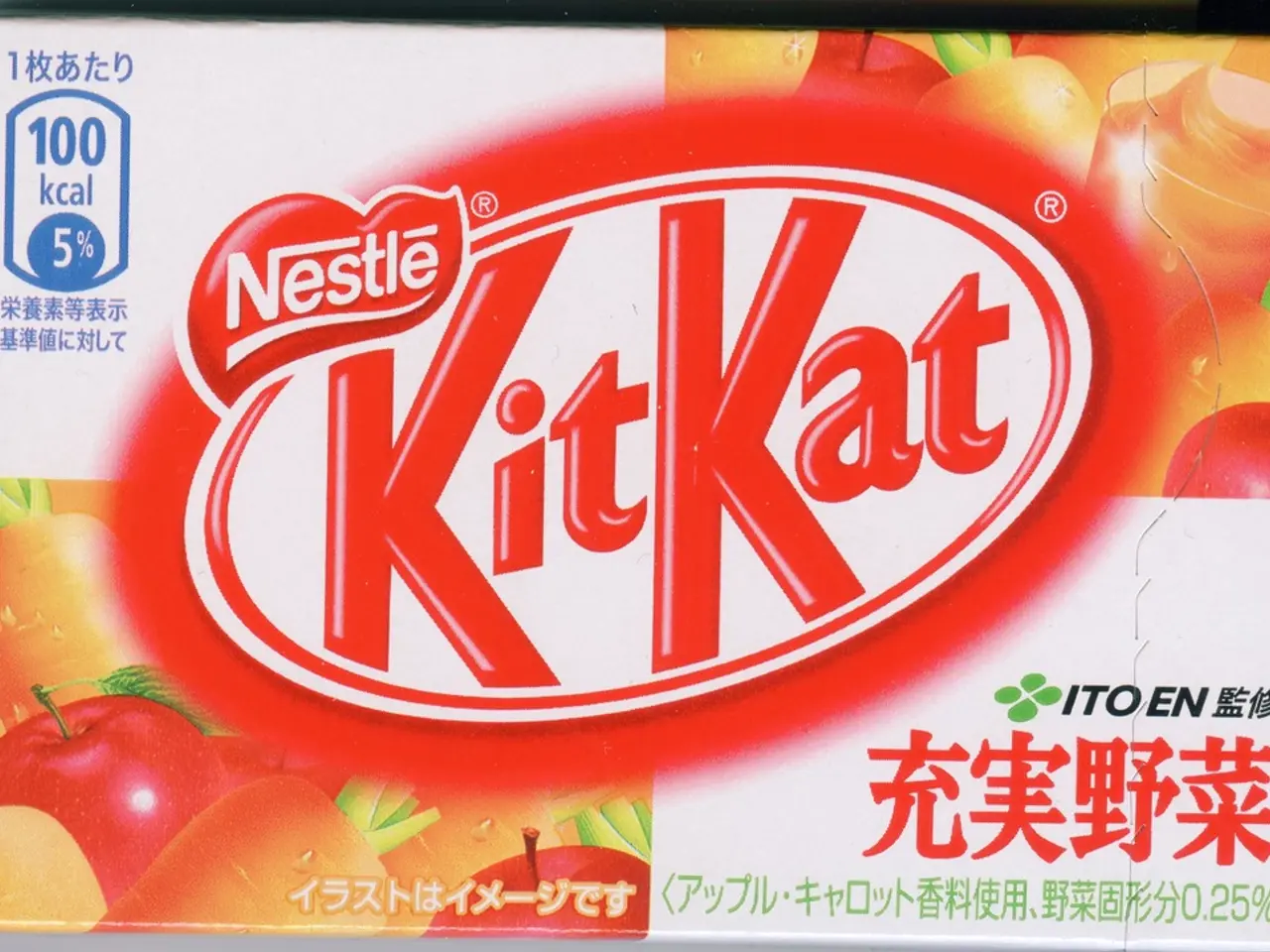Diet with a low carbohydrate content (Ketogenic diet) boosts effects of CAR-T cancer treatment
In the rapidly evolving field of cancer treatment, a new player is making waves – beta-hydroxybutyrate (BHB), a key ketone body produced during ketosis. This compound, commonly found in BHB supplements, is gaining attention for its potential influence on the effectiveness of CAR-T cell therapy.
Currently, BHB supplements are widely used by athletes, individuals following ketogenic lifestyles, and patients managing certain neurological conditions. However, their role in cancer treatment is still in the exploratory stages.
A Phase I clinical trial is underway to test BHB supplementation in lymphoma patients receiving commercially available anti-CD19 CAR-T cell therapy. The trial design focuses on BHB supplementation instead of requiring patients to maintain strict ketogenic diets. This approach could revolutionise cancer care financing, as clinical trials confirming laboratory findings could reshape the economic landscape of cancer treatment.
CAR-T cells, genetically engineered immune warriors designed to hunt and destroy cancer, prefer BHB over glucose as their primary fuel source. When researchers supplemented laboratory models with BHB while maintaining standard diets, they witnessed complete cancer elimination in the vast majority of test subjects.
In laboratory studies involving mice with lymphoma, animals following a ketogenic diet showed significantly improved tumor control and survival rates compared to those on standard, high-fiber, high-protein, or high-fat diets. Higher BHB levels in patients who recently received CAR-T therapy also matched better CAR-T cell expansion and performance.
The patient enrollment criteria for the ongoing clinical trial target relapsed or refractory large B-cell lymphoma cases. If supplementation raises CAR-T success rates from 60% to 80%, the effective cost per successful treatment drops significantly. Notably, BHB supplements cost hundreds of dollars per month, not hundreds of thousands per treatment.
While the scientific community is still exploring the exact mechanisms behind BHB's influence on CAR-T cell therapy, several plausible theories have emerged. BHB is believed to modulate epigenetic programming and inflammatory responses in immune cells, potentially supporting CAR-T cell persistence and activity. It also inhibits the NLRP3 inflammasome, which could reduce immunosuppressive inflammation within the tumor microenvironment, potentially improving CAR-T cell efficacy. Furthermore, BHB acts as a histone deacetylase (HDAC) inhibitor, possibly altering gene expression profiles in CAR-T cells, enhancing their cytotoxicity or survival.
However, these proposed influences require direct experimental validation in the CAR-T therapy context, as the tumor microenvironment and CAR-T cell biology are complex and vary by cancer type.
The implications for combination therapies are particularly intriguing, as BHB could potentially enhance multiple treatment modalities simultaneously by improving overall immune function. This could extend beyond CAR-T therapy into broader immunotherapy applications.
Ketogenic diets have decades of clinical experience in treating pediatric epilepsy and are increasingly utilized for metabolic disorders. As research continues, the potential role of BHB in enhancing CAR-T cell therapy could redefine cancer treatment strategies.
[1] [Currently no directly relevant search results specifically addressing how BHB influences the effectiveness of CAR-T cell therapy in cancer treatment.] [2] [Further research is necessary to clarify the precise impact and therapeutic leverage of BHB on CAR-T cell treatment outcomes.]
- In the realm of health and wellness, the integration of ketogenic diets, fitness and exercise, nutrition, science, and medical-conditions like cancer, is increasingly being explored, with beta-hydroxybutyrate (BHB) emerging as a promising player in cancer treatment, particularly in conjunction with CAR-T cell therapy.
- The role of BHB in facilitating the efficacy of CAR-T cell therapy may have broader implications, potentially revolutionizing the economic landscape and financing of cancer care, and extend beyond CAR-T therapy to other immunotherapy applications, much like how ketogenic diets have been utilized in treating pediatric epilepsy and metabolic disorders.
- Research in the field of science and technology is ongoing to clarify the exact mechanisms behind BHB's influence on CAR-T cell therapy and its impact on cancer treatment outcomes, as understanding these processes could further drive the development of combination therapies, enhancing multiple treatment modalities simultaneously for improved overall immune function.




